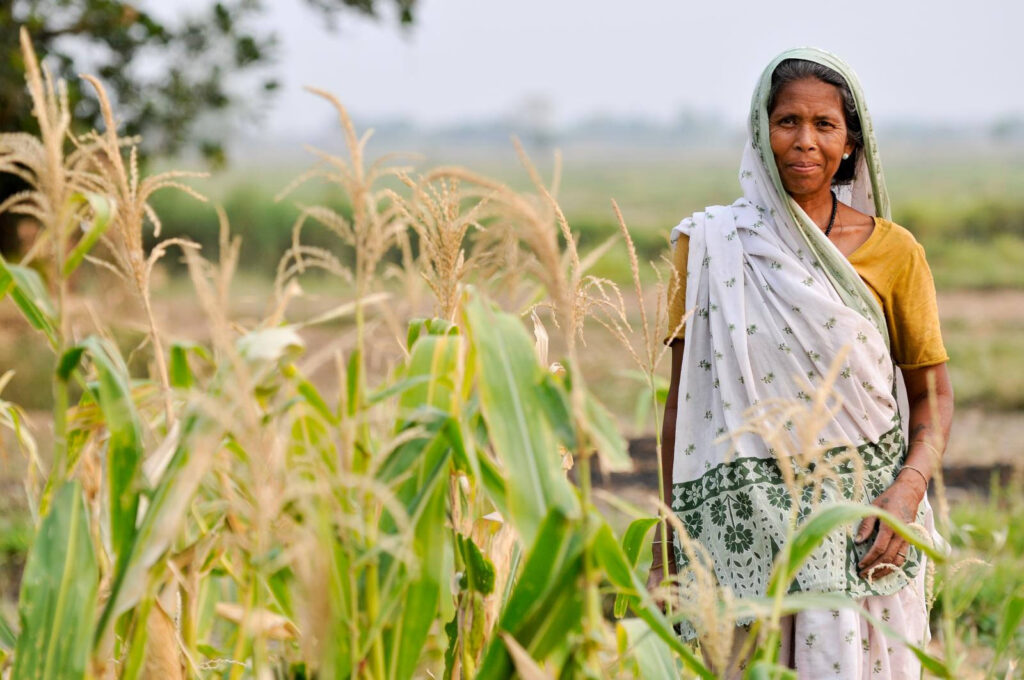Being a leader in a non-profit organization can be very demanding. But at the…
How Women Can Create An Impact in Climate Change
Image Source: Flickr (Neil Palmer, CIAT)
Climate change endangers humanity’s security, peace, and prosperity. Currently, global leadership focuses on science and the economy. It is true that climate change is an environmental phenomenon that requires scientific research. However, climate change advocates must also consider its side regarding economic development and human rights concerns.
Climate change greatly influences marginalized sections of the population. This impact increases in countries that have agriculture as their main source of livelihood. Women are greatly affected by higher risks and greater burdens from climate change’s impacts. Women also comprise the majority of the world’s poorest groups. Women also contribute less in decision-making that prevents them from providing solutions to planning, policy-making, and implementation of climate change concerns.
Despite the limited contribution of women to global leadership in climate change, they do still have a significant role in responding to climate change. This is brought about by their localized and sustainable resource management. They also have sustainable practices in their own households and within the community. Politics also has been witness to the participation of women that resulted to greater responsiveness to the needs of citizens. Women who are active participants at their localities lead to climate-related policies and projects.
Women Farmers
Women comprise the majority of the globe’s small-scale farmers. This holds true in developing countries where men flock to the cities in search of work. Farming has become more challenging to women because of the impacts of climate change. Women feel the burden in feeding their families when soil erosion, drought, or flooding cause failure of crops to grow.
Women’s Preparation of Food
One-half of women in the world use dung, coal, wood, and other traditional fuels to cook the food they produce. High levels of black carbon are released in unventilated homes. This air pollution results in 1.5 million deaths annually. Casualties comprise mainly of women and children in the poorest communities in the world.
Women’s Health
Women exert more effort and spend more time in collecting basic necessities due to climate change. Women have to travel a longer due to the scarcity of water, fuel, and food. This situation further endangers women safety as well as their health. Women get sick because of extreme weather conditions. One reason behind this is that women cannot travel despite emergencies if they do not have a male chaperon.
With women labeled as victims, it seems that they are powerless to do anything monumental in climate change advocacies. However, here are some initiatives that women have done in terms of climate change.
2013 Warsaw Climate Change Conference
In 2013, there was a climate change conference that was held. The United Nation’s Momentum for change initiative reported the Low Smoke Stoves Project. This action delivers health and economic benefits to households in war-torn, dry, and deserted Sudan.
Women in Ghana, Guatemala, and Australia
Women leaders propelled the Ghana Bamboo Bikes Initiative. This had climate change as an advocacy and created programs that made livelihood programs for women. Women were trained to build and sell high-quality bicycles. At the same time, women farmers in Guatemala planted trees to improve techniques in farming and sequester carbon.
1 Million Women is Australia’s largest women’s environmental organization. This aims to attract one million women to obtain small steps in their daily lives to decrease their carbon footprint.
Actionable Steps
The previous programs led by women are inspirational as they have identified that there is a problem in climate change. They saw the need and created a solution.
Women can also take immediate steps that can lessen the impact of climate change.
- Women can reduce patterns of consumption that do not equate to a sustainable future.
- Women can transfer technologies to developing countries. This will assist these nations in establishing renewable energy
- Women can become vocal in advocating women’s rights around the world.
- Women can lobby with government officials in strengthening international agreements on climate change with action plans for their countries.
Conclusion
Climate change truly has drastic effects in various sectors in the world. But with women at the helm of leadership, small steps taken collectively can help reverse climate change.




